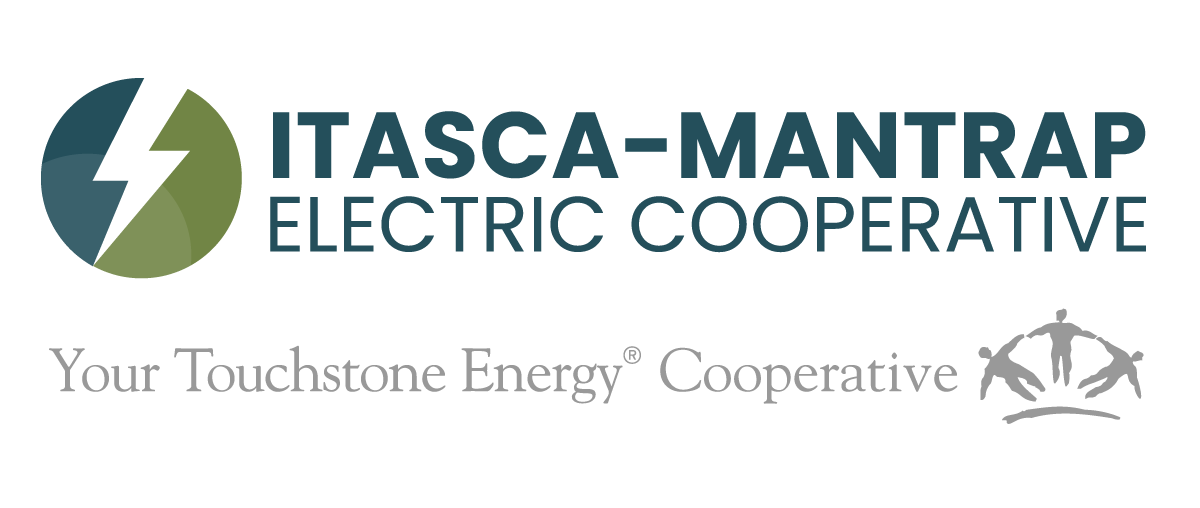Portable Generator Do's and Don'ts
Storm season is upon us, which means greater potential for power outages. If you’re planning to use a portable generator in the event of an outage, Itasca-Mantrap reminds you to play it safe.
With proper use and maintenance, portable generators can provide great convenience during an outage. However, when generators are used incorrectly, they can be extremely hazardous. In a 2022 report, the Consumer Product Safety Commission estimated 85 U.S. consumers die every year from carbon monoxide (CO) poisoning caused by
gasoline-powered portable generators.
Here are 10 do’s and don’ts to keep in mind when using portable generators:
1. DO: Install backup CO alarms.
2. DO: Keep children and pets away from portable generators at all times.
3. DO: Position generators at least 25 feet outside the home, away from doors, windows and vents that can allow CO to enter the home.
4. DO: Ensure your generator is properly grounded. Use a portable ground fault circuit interrupter (GFCI) to prevent electric shock injuries.
5. DO: Use three-pronged extension cords that are rated to handle the load of the generator. Inspect extension cords for cuts, frays or other damage before use.
6. DON’T: Operate a generator inside your home or an enclosed (or partially-enclosed) space.
Generators produce high levels of CO, which
can be deadly.
7. DON’T: Open windows or doors while the generator is running.
8. DON’T: Rely on generators as a full-time source of power. They should only be used temporarily or in emergency situations to power essential
equipment or appliances.
9. DON’T: Overload generators. They should only be used to power essential equipment. Make sure your generator can handle the load of the items you plan to power.
10. DON’T: Connect generators directly into household wiring unless you have an appropriate transfer switch installed. If a generator is connected to a home’s wiring without a transfer switch, power can backfeed along power lines and electrocute utility lineworkers making repairs.
While generators provide convenience during power outages, they can quickly become hazardous––even deadly––if improperly operated. Before you operate a portable generator, be sure to thoroughly read the owner’s manual for important safety information and tips.
If you have questions about proper use of portable generators, we’re here to help. Give us a call at 218-732-3377.
